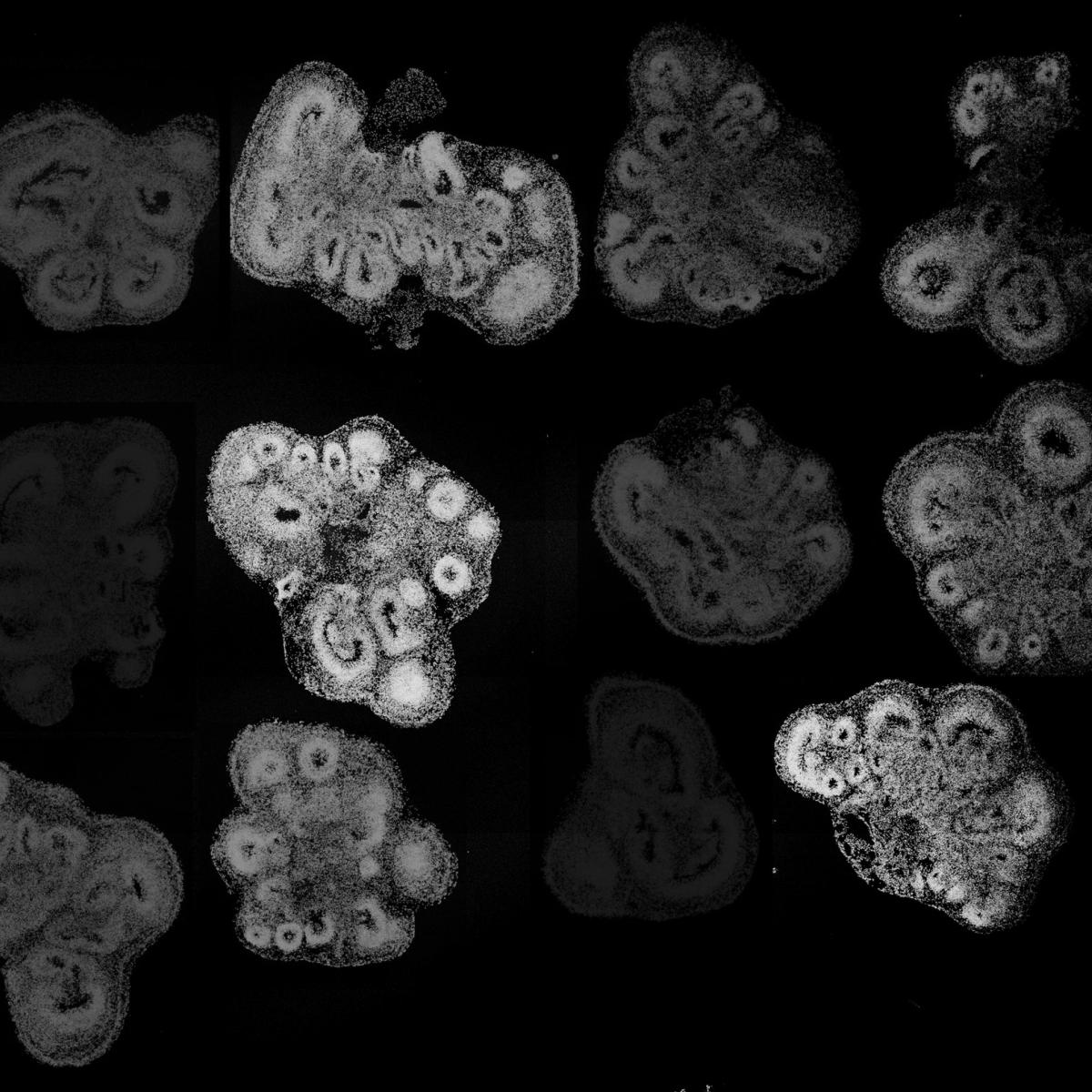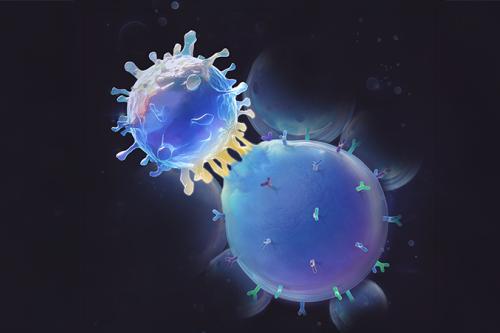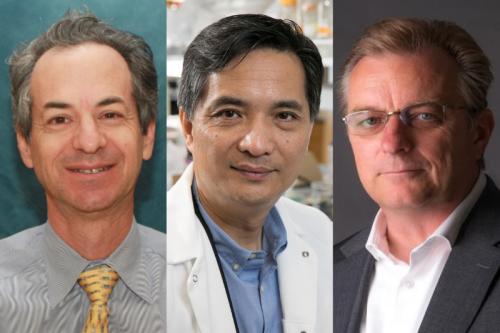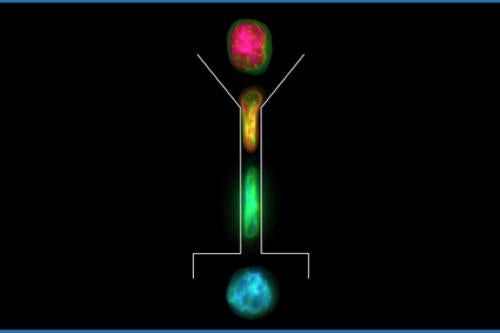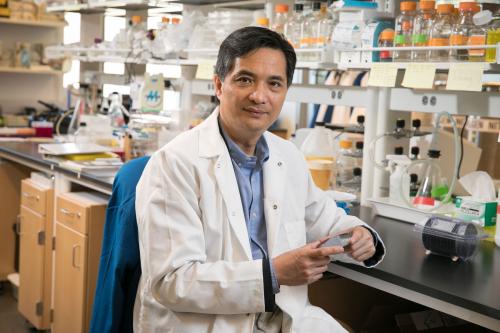
Song Li, Ph.D.
- Chancellor’s Professor, Bioengineering
- Professor, Medicine

Song Li, Ph.D., integrates principles of engineering, biomaterials and mechanobiology to advance cell and tissue engineering methods. He seeks to develop stem cell-based methods to promote regeneration in the heart and neuromuscular system and to advance immunoengineering approaches to treat cancer and other diseases.
Li stands at the forefront of mechano-epigenetic engineering of cell fate, leveraging his expertise to engineer biomaterials and microdevices that effectively guide stem cell differentiation, cell reprogramming and immune cell functionalities. He has demonstrated innovation in fabricating tissue grafts and designing drug delivery platforms to facilitate the regeneration of tissues and organs such as the heart, blood vessels, spinal cord, peripheral nerves and muscles.
Li aims to develop more efficient and precise methods to reprogram cells into induced pluripotent stem cells, and investigates the physical and chemical activities in the stem cell microenvironment that regulate differentiation processes. With this information, he hopes to mimic stem cells’ natural environments by developing physical platforms that can influence reprogramming.
Li seeks to improve immune cell memory to effectively combat infectious diseases and cancer, and is exploring novel methods to manipulate immune cells to promote tissue regeneration and develop therapeutics for diseases such as diabetes.
“Cell reprogramming is one of the most exciting advancements in biotechnology in the past 20 years. It’s the cellular equivalent of wiping your computer’s memory clean and replacing it with new software. This is a very powerful process that could lead to therapies based on patients’ own cells and their own genes.”
- Chancellor’s Professor, Bioengineering
Research Projects
- Controlling cell fate and functions through stem cell differentiation The process by which stem cells transform into specific, specialized cell types with distinct functions and features. differentiation The process by which stem cells transform into specific, specialized cell types with distinct functions and features., cell reprogramming In stem cell research, scientists can reprogram cells that have undergone differentiation, such as skin or blood cells, to revert back into an embryonic-like state. The resulting cells are called induced pluripotent stem cells. reprogramming In stem cell research, scientists can reprogram cells that have undergone differentiation, such as skin or blood cells, to revert back into an embryonic-like state. The resulting cells are called induced pluripotent stem cells. and synthetic biology to inform regenerative medicine A field focused on developing and applying new therapies and techniques to repair, replace or regenerate tissues and organs and restore function that has been lost due to aging, disease, injury or genetic defects. regenerative medicine A field focused on developing and applying new therapies and techniques to repair, replace or regenerate tissues and organs and restore function that has been lost due to aging, disease, injury or genetic defects. advancements
- Understanding how physical factors regulate chromatin organization and induce epigenetic changes
- Developing mechano-epigenetic engineering approaches to control cell fate and rejuvenate aging stem cells Cells that have the ability to differentiate into multiple types of cells and make an unlimited number of copies of themselves. stem cells Cells that have the ability to differentiate into multiple types of cells and make an unlimited number of copies of themselves.
- Integrating mechanical, chemical and biological factors to engineer immune cells for stem cell-derived therapies
- Designing drug delivery systems to modulate immune cells, enhancing vaccine efficacy, achieving immune tolerance and promoting tissue regeneration
- Developing microdevices for in vivo A process, procedure or study performed on or in a living organism. in vivo A process, procedure or study performed on or in a living organism. monitoring and stimulation of immune cell activity
- Exploring the potential of electrical modulation as a method to promote neuromuscular regeneration
-
Post-doctoral Fellowship
- Bioengineering, UC San Diego, 1998
Degree
- Ph.D., Bioengineering, UC San Diego, 1997
-
